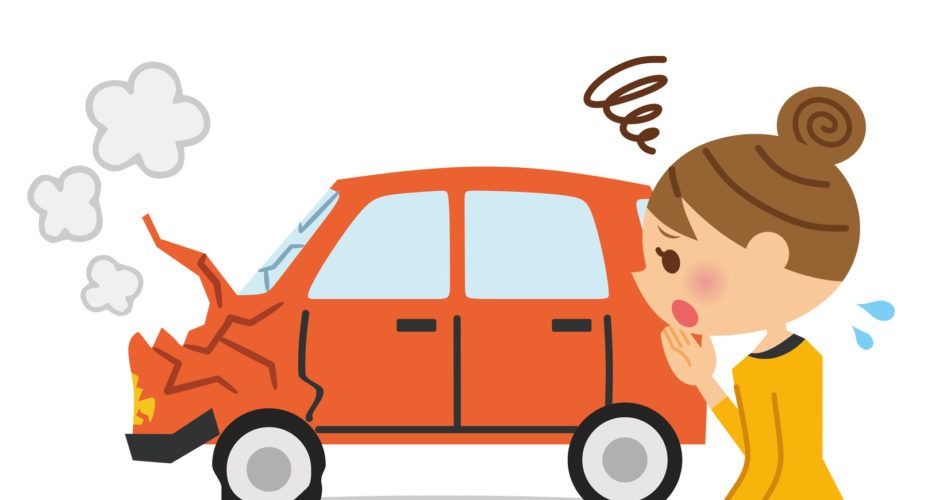How to Drive in NYC Without Losing Your Mind (or Car)
In New York City, there are almost 4 million registered drivers. It’s a busy and hectic city, so most people choose to take public transit or taxis to get to their destinations.
Whether you’re moving to NYC or you’re planning on vacationing there, you may be opting to get on the road yourself instead of relying on others to get you places. If you’re wondering how to drive in NYC, then keep reading. In this article, we’ll give you some tips and tricks to making driving in NYC easier.
Don’t Turn on Red!
In most of the country, you can turn right on a red light, so long as you make a complete stop and check for oncoming traffic or pedestrians first. But this isn’t the case in NYC.
Here, you’re not allowed to turn right on red lights, so don’t make that mistake. There are a few streets where there are signs indicating you can do so, but that’ll be rare.
Research Parking Garages Beforehand
Parking can be expensive in NYC, but you can find some good deals if you know where to look. Before you embark on your journey through the city, go online, do some research, and write down the best parking garages so you don’t have to pay an arm and a leg when you want to park.
If you’re driving around and a garage sign has an amazing rate, make sure to check the fine print. Usually, they’ll say “up to half an hour” in tiny font on the bottom.
Take a Picture of Where You’ve Parked
The blocks can start melting together in your mind, so it may be confusing as to where you’ve parked your car. Take a picture of your car in the garage, and then either write down the cross streets or take advantage of the photo metadata (if you have it turned on, it can show the location of where you took the photo).
Not only can this be beneficial in locating your car, but also in filing any disputes if your car gets ticketed or towed. Both are common occurrences in NYC, so the more evidence you have of you following the law, the better.
Double Check Your License Restrictions
If you have any drivers license restrictions, you need to ensure you can still drive in NYC legally; otherwise, you risk hefty fines and citations if caught. Plus, if you get into an accident, it can cause some major problems with your insurance company.
Most people have restrictions on their licenses, so take a good look at yours to learn exactly what it’s for and if you can drive safely in the city.
Learn How to Drive in NYC Smoothly
How to drive in NYC isn’t so hard; it just takes some practice and knowledge. With our tips and tricks in mind, you’ll navigate the city like a pro. So just take it easy and remember to breathe!
For more interesting reads, check out our other articles.

